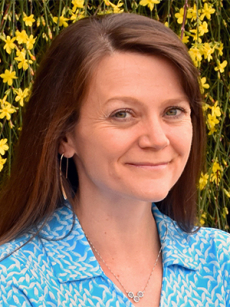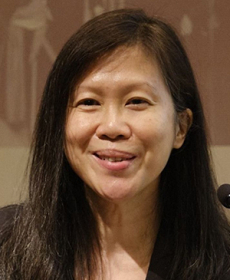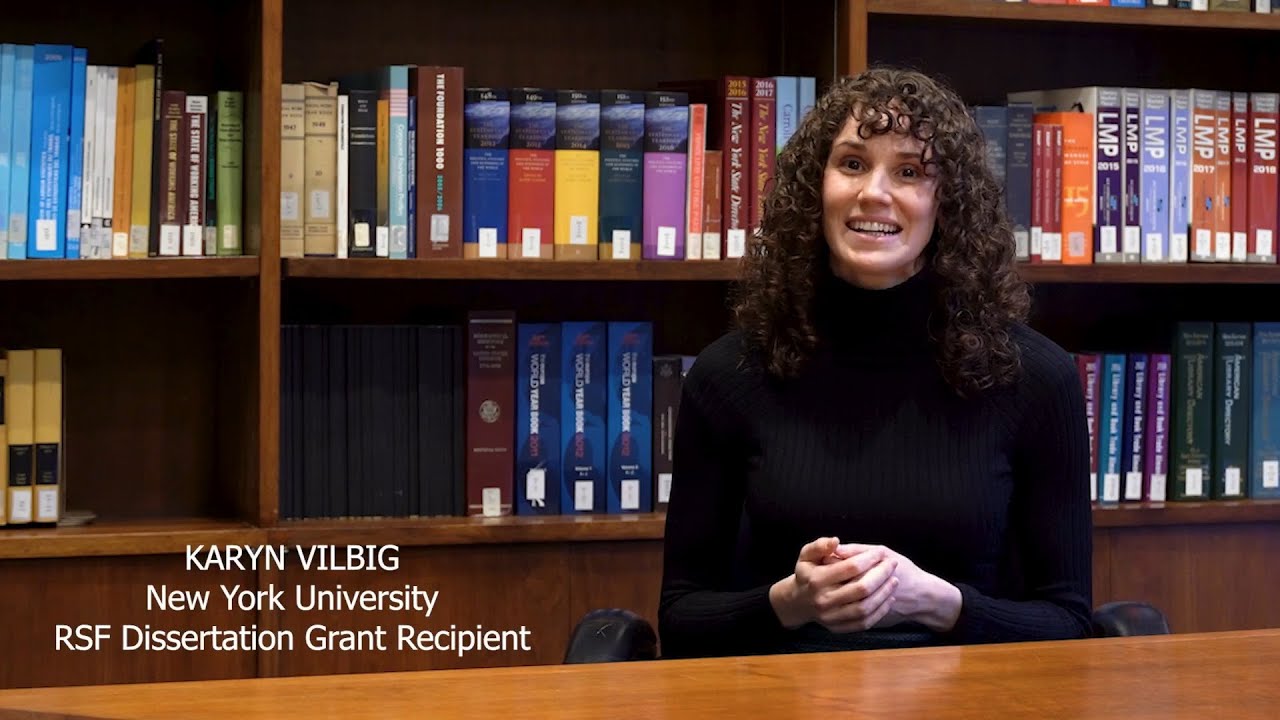Dissertation Research Grants
The dissertation research grants (DRG) program to support innovative and high-quality dissertation research projects that address questions relevant to RSF’s priority areas: Behavioral Science and Decision Making in Context; Future of Work; Race, Ethnicity and Immigration; Immigration and Immigrant Integration; and Social, Political, and Economic Inequality. Proposed projects must be closely aligned with the funding priorities listed on the RSF website for any of these areas, contribute to RSF’s mission to improve social and living conditions in the U.S., and demonstrate appropriate use of relevant theory, innovative data, rigorous research methods, and measures.
Eligibility
Applicants must be enrolled doctoral students at an institution of higher education in the U.S. or a U.S. territory, who have completed all program requirements except the dissertation. To receive funding, an applicant whose proposal is selected for a grant must have their dissertation supervisor document that the dissertation research (a) is the same research that was described in the DRG proposal and (b) has been approved by the dissertation committee. In cases where a dissertation consists of several related papers, the proposal should focus on the most important paper. If your discipline, department, or institution does not use this process to approve dissertation proposals, please email programs@rsage.org to see if you or your project is at the appropriate stage for RSF support.
There is a lifetime limit of one dissertation research grant per applicant. Previous recipients of RSF grants are also ineligible. RSF encourages applications from scholars who are traditionally underrepresented in the social sciences and its applicant pool, as we seek to promote diversity broadly. RSF prioritizes applicants who do not have sufficient time to devote to the dissertation and/or sufficient funds to pay for necessary research expenses. If you are fully funded for the proposed grant period, on a departmental, university, or national fellowship, your application is not likely to be externally reviewed. If your financial support is in the form of a Teaching or Research Assistantship, your application may still be externally reviewed if it is of interest to the Foundation.
Dissertation grants are up to $15,000. These grants will support all aspects of dissertation research (data collection, data preparation, data analysis and writing), but are not intended for students who have completed data collection and analysis and propose to spend the entire grant period writing the dissertation.
Some dissertation grants may be co-funded by the W.E. Upjohn Institute for Employment Research, The Policy Academics, and the Washington Center for Equitable Growth. The Upjohn Institute for Employment Research will support dissertation research on employment-related topics in any discipline, with particular interest in policy-relevant research pertaining to Black, Indigenous, and People of Color (BIPOC) communities. The Policy Academies works to train and cultivate a new and diverse generation of racial equity and economic justice focused researchers and policy leaders from historically exploited communities. Equitable Growth seeks to invest in scholars whose research agendas are policy relevant, related to how inequality affects economic growth, and who, as their career progresses, are interested in engaging with non-academic audiences. If selected for co-funding with Equitable Growth, grantees will be given opportunities to build skills to shape public debates and policy outcomes.
Deadlines and Review Process
Applications will be accepted through February 3, 2026 (2 pm Eastern Time/11 am Pacific Time). Late applications will not be reviewed. All applications are internally reviewed to determine fit with the RSF’s priorities and the quality of the application, including clarity in presentation, and whether the data and research methods are described in sufficient detail. Applications that pass internal review will be externally reviewed by experts from different disciplines and will receive reviewer comments on their submissions. Decisions are expected to be announced in May and grants can start on or after July 1. Funding decisions are final. RSF expects to approve up to 20 grants.
Administrative Procedures
The grant will be administered by the applicant’s university which must act as the fiscal agent. RSF will pay the entire grant within several weeks of receiving the signed grant letter. Narrative and financial reports will be due at the conclusion of the grant period.
Papers that are coauthored with faculty are eligible under this program, but the faculty coauthor is ineligible for funding.
An applicant whose proposal is not funded can reapply in a subsequent competition.
June 2025 Dissertation Research Grantees
June 2024 Dissertation Research Grantees

Associate Professor of International and Public Affairs

William F. Fox Distinguished Professor of Labor Economics

Vaughan Bascom Professor of Women, Family and Community and Professor of Human Development & Family Studies

Professor of Urban Policy and Planning

Associate Professor of Public Policy
View All Upcoming Application Deadlines
The grantmaking process at the Russell Sage Foundation is rigorous and competitive. Applicants should review our guidelines to ensure they comply with our eligibility requirements. RSF rarely considers projects for which the investigators have not already fully-developed the research design, the sample framework, and access to data.
More Information for Grant Seekers
Information for Grant Seekers
Explore all Research Gants and Opportunities at RSF.
Frequently Asked Questions
If you have clarifying questions regarding the LOI or proposals, please review our FAQ.
Search Our Grants Database
Explore previously funded research at RSF.






